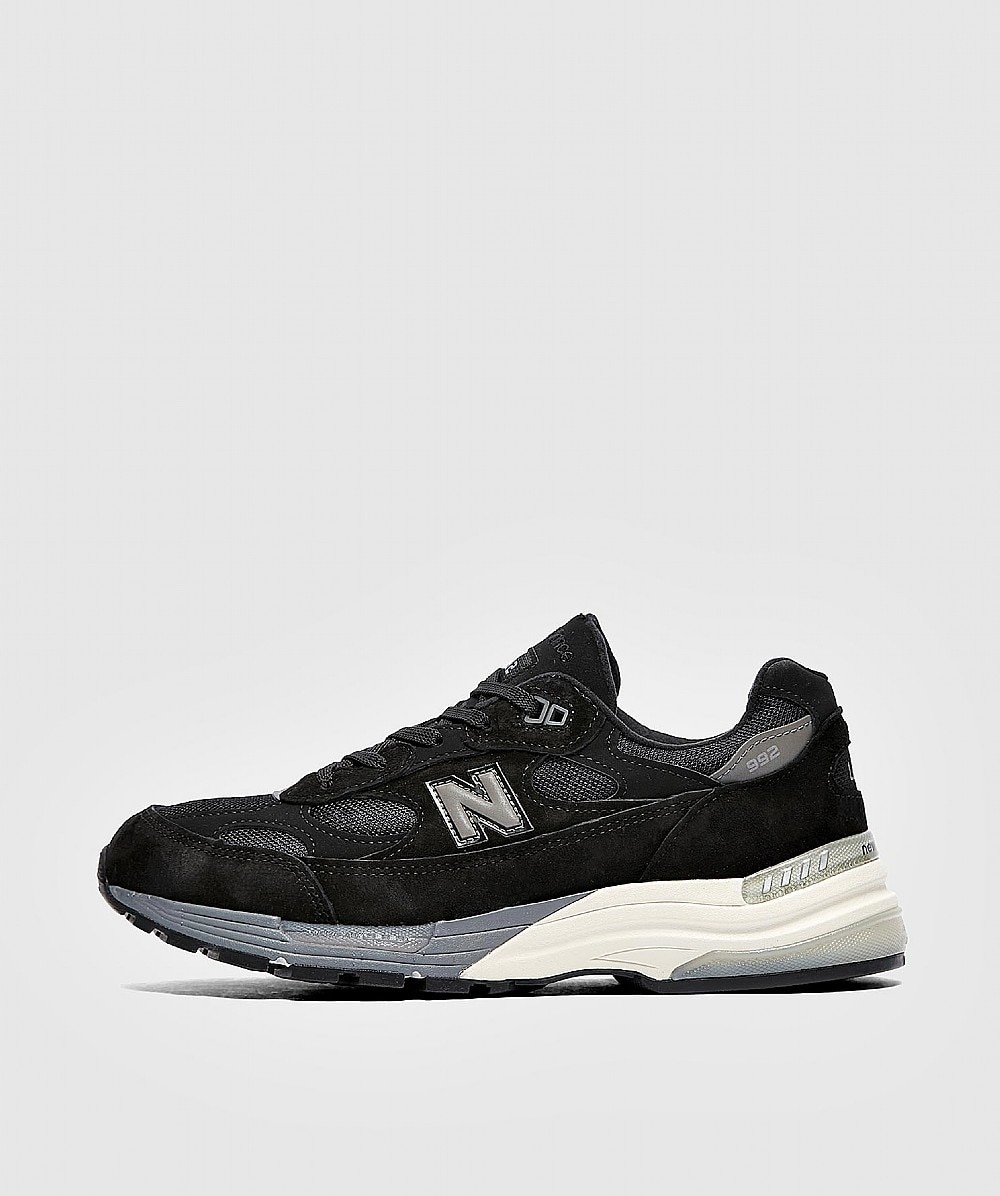Men’s adidas x Kawasaki Ninja ZX 5K BOOST Casual Shoes – JD Sports
The original ZX model, back in 1984, was inspired by Japanese motorcycle manufacturer Kawasaki. So it’s only fitting that the Three Stripes joined forces in 2021 on the Men’s adidas x Kawasaki Ninja ZX 5K BOOST Casual Shoes, depicting sleek lines and speed the same way the legendary motorcycles do.
The original ZX model, back in 1984, was inspired by Japanese motorcycle manufacturer Kawasaki. So it’s only fitting that the Three Stripes joined forces in 2021 on the Men’s adidas x Kawasaki Ninja ZX 5K BOOST Casual Shoes, depicting sleek lines and speed the same way the legendary motorcycles do.
- Low-profile retro running silhouette
- Textile upper with breathable mesh panelling
- Kawasaki Ninja and adidas branding throughout
- Full lace closure system
- Chrome-look external heel counter offers stability
- BOOST midsole delivers energy return and cushioned comfort
- Rubber outsole for durable traction
- The adidas x Kawasaki Ninja ZX 5K BOOST is imported.

)

)


Reviews
There are no reviews yet.